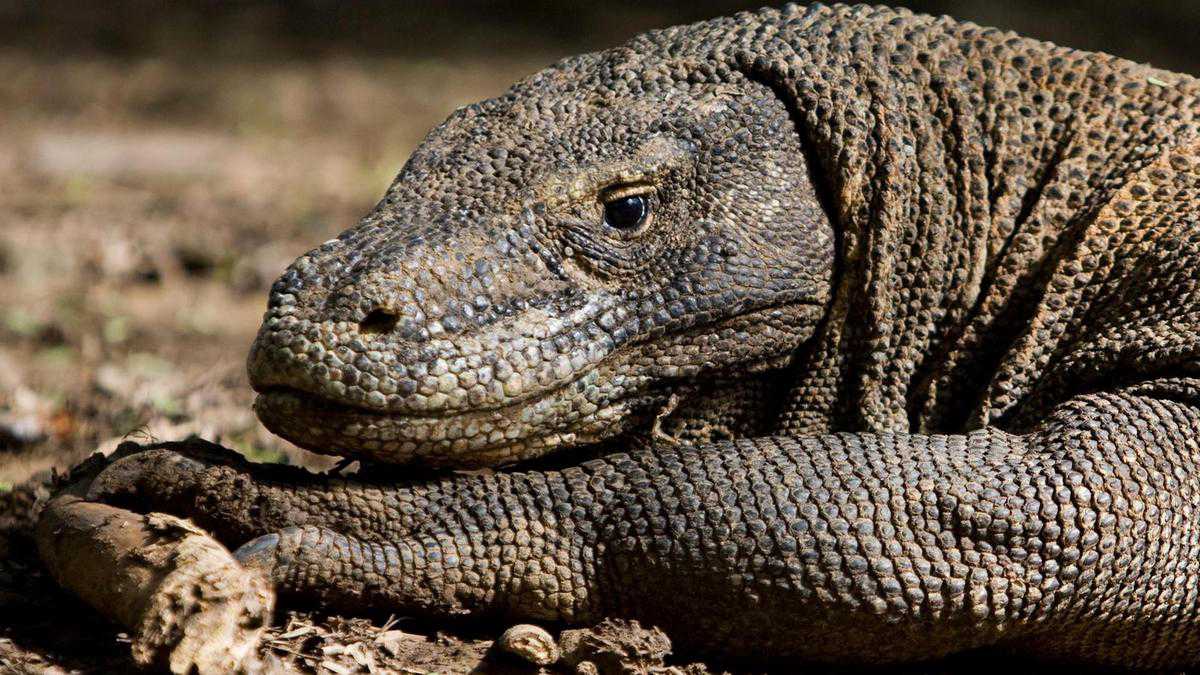Komodo Island to close to tourists next year because people keep stealing its 'dragons'
03 April, 2019

March was a tempestuous month for Indonesia's wildlife authorities: they foiled the illegal sale of five komodo dragons on Facebook, but a smuggling ring managed to transport more than 40 of the endangered lizards off Komodo Island and sell them abroad.
This is one of the reasons why the country's government has declared the island will be closed to tourists from January 2020, according to a report in Indonesia's Tempo newspaper.
The giant lizards, which can weigh between 68 and 91 kilograms, are likely in high demand for their skin, with last month's poachers reportedly selling each reptile for 500 million rupiah (Dh130,000). Komodo leather is used by the fashion and furniture industries, while the lizard's claws and teeth are used for jewellery and talismans. Some buyers seek komodo dragons as display trophies.
Poaching aside, komodo dragons are also the victims of human encroachment and natural disasters, particularly volcanic activity. The number of egg-laying female dragons has also dwindled. Upon its closure next year, Komodo Island authorities seek to remedy as many of these issues as they can, to increase the population and preserve the habitat of the lizards, as well as reintroducing endemic plants.
The island is part of Komodo National Park, a 173,300-hectare Unesco World Heritage Site that is made up of close to 30 islands, including Komodo, Rinca and Padar. Komodo Airport (official name: Labuan Bajo) is a two-and-a-half-hour flight from Jakarta, and has become something of a tourism hotspot in recent years, with an average count of 10,000 visitors a month.
It's unclear how long Komodo Island will remain shut, but the other islands - which house thousands of komodo dragons among them - will remain open.
Stop poaching, already
While it's heartening to hear of efforts such as closing a tourist destination for wildlife conservation, the sad truth remains that the number and types of species being hunted, smuggled and killed for human desire is on the rise. From mule deer and smooth-coated otters to totoaba fish and pangolins, the list seems endless.
Of the many bizarre and heartbreaking reports one hears, two stand out from recent times.
One, porcupines, who are unable to digest all the plants they consume, are being poached for the bezoars that form in their stomachs, which are thought to have medicinal properties. And two, African elephants are thought to be evolving, with some being born without tusks so they have no reason to become prey for human predators, a case of "artificial selection" caused by decades of poaching.
